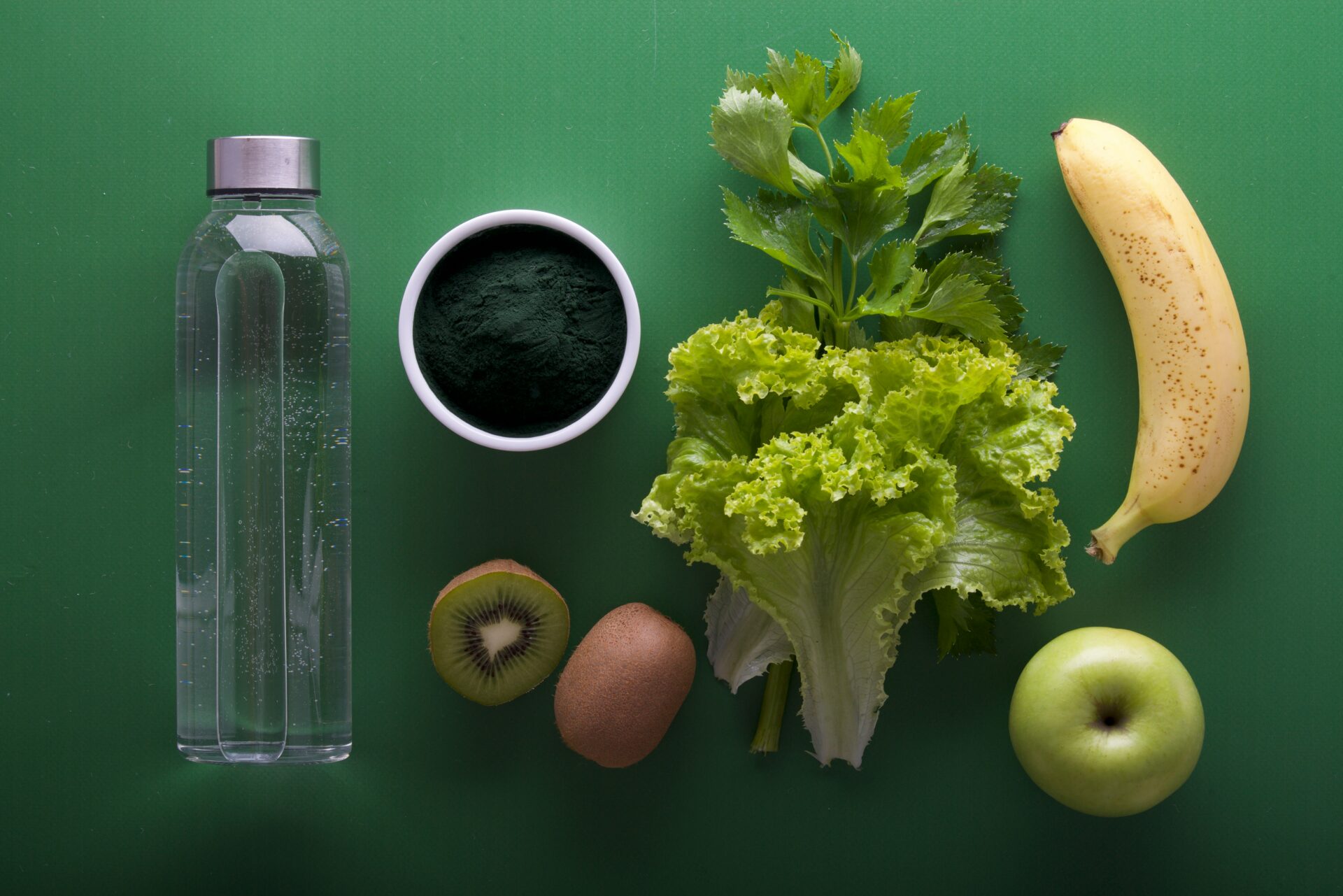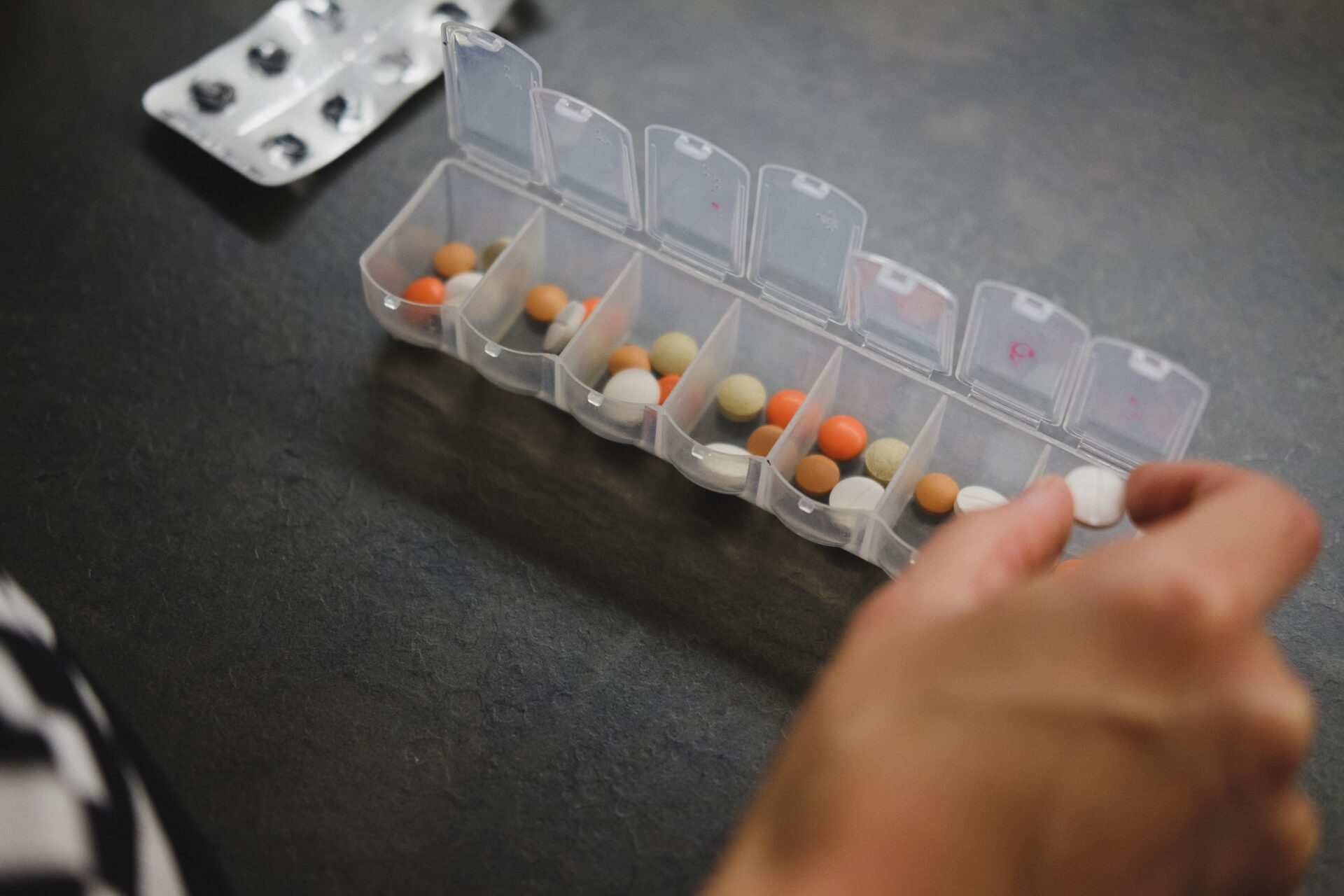What if the secret to a long and healthy life was hidden in something as simple as your gut health? Recent research highlights the importance of maintaining a diverse and healthy gut microbiome – the trillions of bacteria that live in our digestive system – for overall health and longevity. A healthy gut is not only linked to improved immunity and mental health but also a lower risk of chronic diseases like diabetes and heart disease. So, if you’re looking for ways to add years to your life and feel your best, it’s time for a gut check. In this article, we’ll explore the fascinating world of the gut microbiome and share practical tips from the world’s oldest populations for improving gut health and unlocking the possible secrets to a long and healthy life.
“Quite literally, your gut is the epicenter of your mental and physical health. If you want better immunity, efficient digestion, improved clarity, and balance, focus on rebuilding your gut health.”
– Kris Carr
The Marvelous Microbiome
Trillions of bacteria, viruses, fungi, or microbes call your gut home. The genes of all your gut microbes are collectively called the gut microbiome. The microbiome does more than help you digest food. It helps fight harmful pathogens; makes vitamin K and other essential chemicals; affects how medications work; and may influence your heart health and cancer risk. When your gut microbiome is healthy and eclectic, you’re more likely to feel energized, mentally sharp, and emotionally balanced, leading to healthier aging. Furthermore, research suggests that maintaining a healthy gut microbiome can improve cognitive function and reduce the risk of age-related cognitive decline, which may help individuals maintain their independence and quality of life as they age.
Get In The Zone
Author, explorer, and longevity expert Dan Buettner researches the relationship between gut health and healthy aging in his book, The Blue Zones Challenge. Buettner explored five regions around the world deemed The Blue Zones, where people live to be over 100 and in good health. His book highlights six common diet and lifestyle habits that correlate the gut and healthy aging. Following your gut and these findings could add years to your life and benefit your health in numerous ways.
- Choosing nuts, veggies, beans, and fruit. Fiber-rich foods help to keep the digestive system running smoothly and help feed the beneficial bacteria in your gut.
- Consuming fermented foods. Fermented foods like yogurt, kefir, sauerkraut, and kimchi are rich in probiotics. Probiotics help to improve digestion, boost immunity, and reduce inflammation in the gut.
- Eating foods that protect the body from harmful free radicals. Polyphenols help fight against toxic agents like ultraviolet rays, radiation, and pathogens. Examples include coffee, berries, nuts, spinach, and dark chocolate.
- Seasoning food with garlic, turmeric, and ginger. Many herbs and spices are scientifically proven to help rid the body of harmful bacteria, ward off inflammation, and fight infections.
- Limiting artificial sweeteners. Sugar and chemical substitutes for sugar are directly linked to killing the good bacteria in the gut. Therefore, communities in The Blue Zones replace artificial sweeteners with honey. Raw honey is a natural way to nourish and complement gut functions.
- Brush and floss your teeth regularly. “Your mouth is a mirror for what’s going on in your gut and your body,” says Gerry Curatola, DDS and author of The Mouth-Body Connection. Bacteria associated with poor oral health can cause system-wide inflammation, the root of many age-related diseases.
Gut Health Supplements
In addition to eating gut-healthy food, several supplements may be beneficial for wellness and longevity. Gut health supplements are dietary supplements that contain specific ingredients believed to boost the health of your gastrointestinal system. The best types of gut supplements for you will depend on which area of gut health you’re interested in and concerned with. When choosing supplements, it’s important to talk to your healthcare provider to ensure they are safe and effective. Here are a few to consider:
1. Prebiotic and Probiotic Supplements
Prebiotics help existing gut microbes grow by giving them the foods they like. Probiotics add living microbes directly to your system. They can both support the gut and help aid in digestion.
2. Digestive Enzymes
Digestive enzymes can help to improve digestion by breaking down the food you eat so your body can get the most nutrients. They may also be able to treat common forms of gut irritation, heartburn, and other specific ailments.
3. Collagen
Collagen is a protein supporting gut health because it contains large amounts of glycine, glutamine, and proline amino acids. These amino acids provide a healthy bacterial balance in your gut microbiome and facilitate a healthy gut barrier.
Middle-aged and older adults can prioritize gut health and wellness by eating probiotic and fiber-rich foods, making gut-healthy lifestyle choices, and considering digestive supplements to help unlock the secrets of a long and healthy life.
Sources
- Healthy gut, healthier aging – Harvard Health
- How to improve your gut health – KrisCarr.com
- The Brain-Gut Connection | Johns Hopkins Medicine
- A Changing Gut Microbiome May Predict How Well You Age – The New York Times (nytimes.com)
- Gut Health and Longevity Are Connected—Here’s How | Well+Good (wellandgood.com)
Disclaimer: This is not medical advice, nor is the information in this article intended to treat, diagnose, prevent, or cure diseases. We recommend consulting your doctor before making changes to or starting any dietary, supplement, or health-related programs.





Responses